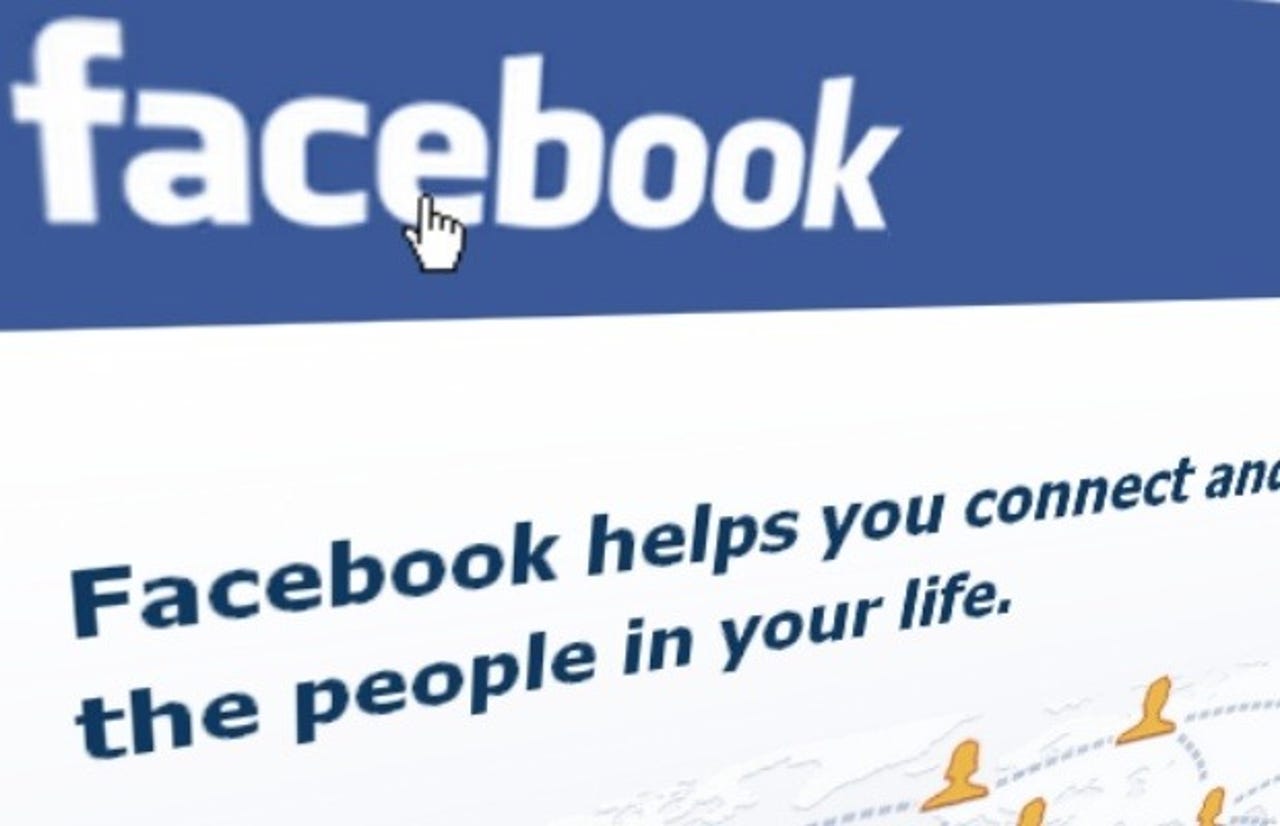Your Facebook 'Like' is protected under the First Amendment


Showing preferences on Facebook by 'liking' pages and figures should not land you in court, a U.S. judge has ruled, reviving discussions of how much the Constitution protects what we do and say online.
The 4th U.S. Circuit Court of Appeals has ruled in favor of Daniel Carter, former deputy sheriff in Hampton, Virginia. Carter claimed that he was sacked after 'liking' a Facebook page dedicated to a candidate running for city sheriff. The candidate, Jim Adams, was in direct competition with the former employee's boss in 2009.
Featured
Six former employees of Hampton Sheriff B.J. Roberts claimed they were fired in violation of their First Amendment rights for showing support to the rival candidate online and brought the original complaint against the public official.
According to Reuters, the appeals court has ruled that Facebook users who click the 'Like' button to show support for a political candidate is no legally different than displaying political signs in a front lawn, and such marked preferences are protected by law.
The chief judge, William Traxler, wrote for the three-judge panel:
"Liking a political candidate's campaign page communicates the user's approval of the candidate and supports the campaign by associating the user with it. It is the Internet equivalent of displaying a political sign in one's front yard, which the Supreme Court has held is substantive speech."
In 2012, U.S. federal District Judge Raymond Jackson in Virginia called the 'liking' of a Facebook page "insufficient speech to merit constitutional protection," and threw out the original case. While Jackson admitted courts had granted First Amendment protection to written posts and comments on Facebook, as they were "actual statements," there is a distinction between 'likes' and written commentary.
Traxler, however, does not believe such separation exists.
"On the most basic level, clicking on the ‘Like’ button literally causes to be published the statement that the user ‘likes’ something, which is itself a substantive statement," Traxler wrote.
Facebook welcomed the most recent ruling, saying that using the 'Like' button on the social media site was no different than standing on a street corner and expressing support -- once again, protected speech by law. Pankaj Venugopal, associate general counsel at Facebook said in an emailed statement:
"We are pleased the court recognized that a Facebook 'Like' is protected by the First Amendment."
Due to the ruling, three of the six claimants can pursue claims for reinstatement of their claims. Carter was the only one to claim that 'likes' should be protected by the First Amendment, while others persued more general First Amendment claims. While three could regain their old jobs if they revive their complaints, Roberts is protected from paying financial compensation due to legislation that limit claims against public officials.